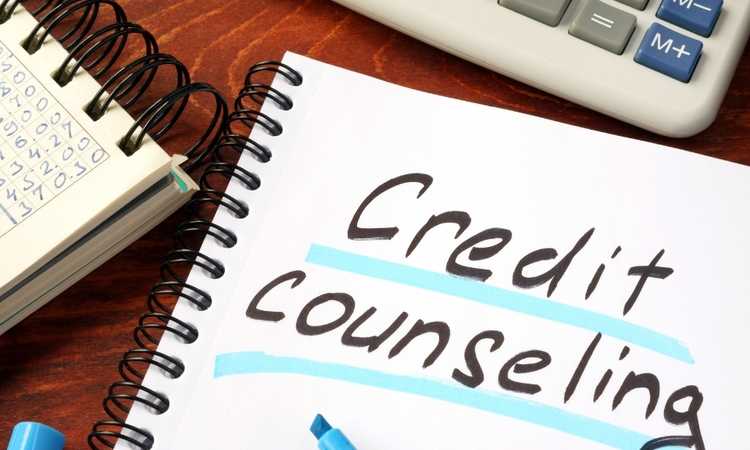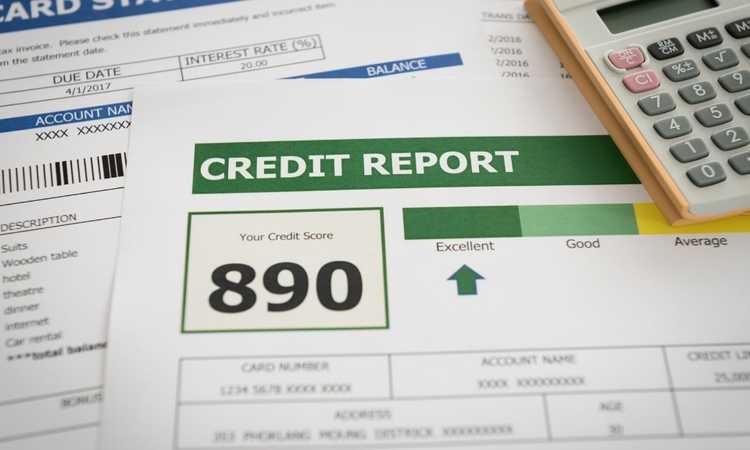When it comes to repairing your credit, choosing a good credit counseling organization is key. Not all organizations are created equal, so it’s important to do your research before selecting one. Some things you’ll want to consider include the fees they charge, how long they’ve been in business, and their accreditation status.
You’ll also want to make sure that the organization has a good reputation and can provide you with the support you need to improve your credit score. So take your time and do your research, and you’re sure to find the perfect credit counseling organization for you.
1. What to look for when choosing a credit counseling organization
There are a few things to look for when choosing a good credit counseling organization (CCO). First, you’ll want to make sure that the organization is accredited by a reputable accrediting body. This will ensure that the CCO is held to high standards and is providing quality service. You’ll also want to check how long the organization has been in business. A longer track record usually indicates that the credit counseling organization is doing something right.
Another thing to consider is the fees charged by the credit counseling organization. Some organizations charge high upfront fees, while others charge monthly service fees. Make sure you understand all of the fees involved before enrolling in a program.

Finally, you’ll want to read reviews of the credit counseling organization to see what other people have to say about their experience. This will give you a good idea of what to expect from the organization.
Read This: What are your credit repair options?
2. How much do credit counseling services cost?
Credit counseling services typically cost between $25 and $50 per month. Some organizations may charge an additional setup fee, but this is usually nominal. You’ll want to make sure you understand all of the fees involved before enrolling in a program.
Most CCOs are nonprofit organizations, so they rely on donations and grants to support their operations. That being said, they still need to cover their costs, so they charge monthly service fees. The fees charged by CCOs are typically lower than the interest you would pay on your outstanding debt.
3. Are there any free credit counseling services?
There are a few free credit counseling services available, but they are typically limited in scope. For example, some organizations may offer a free initial consultation, but you’ll likely have to pay for any ongoing services.
Additionally, many free services only provide basic information and resources. If you’re looking for more comprehensive help, you’ll likely need to pay for a service.
That being said, there are a few reputable free credit counseling services out there. So if you’re on a tight budget, it’s worth doing some research to see what’s available.
4. How does credit counseling help?
Credit counseling can help in a number of ways. First, it can provide you with the education and resources you need to improve your credit score.
Second, it can help you develop a budget and get out of debt. Finally, it can provide you with emotional support during what can be a difficult and stressful process. No matter what your goals are, credit counseling can help you achieve them.
Read This: Credit Repair Made Easy: Understanding The Basics of Credit Repair

5. How does credit counseling hurt?
Credit counseling can hurt your credit score in a few ways. First, when you enroll in a program, the CCO will likely pull your credit report. This will result in a hard inquiry, which can temporarily lower your score.
Additionally, if you’re unable to make payments on time, the CCO may report this to the credit bureaus. This late payment will also hurt your credit score.
Finally, if you enroll in a debt management program, your creditors may close your accounts. This will also negatively impact your credit score. While these effects are temporary, they can still have a significant impact on your credit.
6. How do I know if credit counseling is right for me?
Only you can decide if credit counseling is right for you. However, there are a few things to consider before making a decision.
First, think about your goals. If you’re looking for help with your credit score, credit counseling can definitely help. However, if you’re trying to get out of debt, you may want to consider other options, such as debt consolidation or debt settlement.
Second, consider the cost of the program. Many CCOs charge monthly service fees, so you’ll need to factor this into your budget.
Finally, read reviews of the CCO to see what other people have to say about their experience. This will give you a good idea of what to expect from the organization.
Read This: Negotiating with debt collectors and creditors
7. How do I choose a credit counseling organization?
There are a few things to consider when choosing a credit counseling organization.
First, think about how the credit counseling organization matches up with your needs. Do you want help with your credit score? Or are you trying to get out of debt? Make sure the CCO you’re considering offers services that match your needs.
Next, check on the pricing of the credit counseling organization. Some CCOs charge high upfront fees, while others charge monthly service fees. Make sure you can afford the fees before enrolling in a program.
Finally, make sure the CCO is accredited by the National Foundation for Credit Counseling or the Financial Counseling Association of America. These accreditations ensure that the CCO meets high standards for quality and ethics.
8. What are some common mistakes people make when choosing a credit counseling organization?
There are a few common mistakes people make when choosing a credit counseling organization.
First, they choose an organization based solely on price. While cost is certainly an important consideration, it shouldn’t be the only factor you look at.
Second, they choose an organization without doing any research. Be sure to read reviews and compare fees before enrolling in a program.
Finally, they choose an organization that doesn’t offer the services they need. Make sure the CCO you’re considering offers services that match your needs.
9. What are some red flags to look for when choosing a credit counseling organization?
There are a few red flags to look for when choosing a credit counseling organization.
First, be wary of any organization that promises to “fix” your credit score. There’s no such thing as a quick fix for your credit score.
Second, be cautious of any organization that charges high upfront fees. These fees should be reasonable, and you shouldn’t have to pay them until after you’ve received services from the CCO.
Finally, beware of any organization that pressures you to sign up for their program. A reputable CCO will give you time to consider your options and make a decision that’s right for you.

10. Questions to ask before signing up with a credit counseling organization
Before signing up with a credit counseling organization, it’s important to ask a few key questions.
First, determine whether the organization is a nonprofit. This status is important because it means that the organization is subject to strict regulations and is required to act in the best interests of its clients.
Second, ask about the fees associated with the services. While some organizations charge for their services, many others provide them for free.
Finally, inquire about the organization’s success rate. A good credit counseling organization should be able to provide you with specific data on how many of its clients have been successful in resolving their debt issues.
By asking these questions, you can be sure that you are selecting a credit counseling organization that is right for you.
Next Steps
Now that you have a better understanding of what credit counseling is and how to find a reputable organization, it’s time to start your research.
The National Foundation for Credit Counseling provides an online locator tool that can help you find nearby agencies.
You can also check with the Better Business Bureau or your state attorney general’s office to see if there have been any complaints filed against an agency in your area. Once you’ve narrowed down your options, reach out to each organization on your list and ask questions until you find the right fit.

Erika Finn, founder of Credit Help, is an attorney who graduated from law school (JD) at University of California, Berkeley and is a member of the California Bar Association. She was a member and editor of the California Law Review and won the Prosser Prize for Legal Accounting. She holds a Master’s Degree (MFA) from the University of Southern California (USC) and a Bachelor’s degree (BA) from Indiana University- Bloomington with highest distinction.
Credit Help believes that everyone should have access to helpful, free information about how to raise their credit rating.
Articles on Credit Help are not legal advice or financial advice.